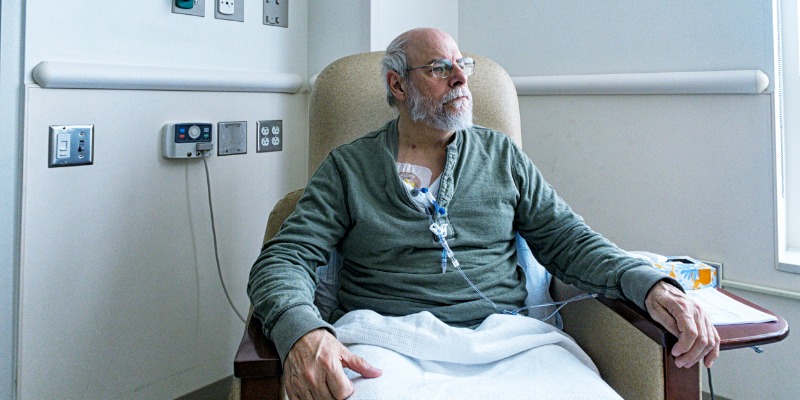Courts deal another blow to B.C. patients waiting for health care

British Columbia’s health-care system is failing patients. Typical wait times for medically necessary care now average almost half a year and surgical backlogs persist. At the same time, the government is spending more on health care (per person) than at any other time in history—and that’s after accounting for inflation. One way to potentially reduce the strain on the public system, without necessarily spending more, would be to allow patients to access private alternatives. Unfortunately, due to recent decisions by provincial and federal courts, those hoping to escape wait times in the public system are out luck—at least within B.C.’s borders.
Why?
Because the Medicare Protection Act (MPA), a piece of provincial legislation that’s even more restrictive than the federal Canada Health Act, bans extra billing, “dual practice” for physicians and certain types of private health insurance, thereby severely restricting the viability of private clinics. As a result, only those Canadians who have a protected right to privately-provided care (i.e. those injured at work, RCMP officers and prisoners) can get it within B.C.’s borders.
This may not be so bad if the publicly-funded system actually provided timely access to quality care.
But last year, British Columbians could expect to wait 25.8 weeks between a specialist referral and receipt of elective treatment—148 per cent longer than in 1993 (10.4 weeks). And while wait times spiked during the first year of the pandemic (to 26.6 weeks), British Columbians were already waiting 24 weeks in 2019—well before the province scaled back elective surgeries in response to the pandemic.
Excessive waits of this magnitude can lead to worsening health, the potential for disability and even death. In 2021/22, SecondStreet.org estimated that 2,395 Canadian patients died while on surgical waiting lists. An estimated 1,932 died while waiting for care in 2018/19 (again, before the pandemic). And there are economics costs, too. An estimated $4.1 billion was lost due to reduced productivity while patients waited for care in 2022 (up from the $2.1 billion estimated in 2019).
Since 1996, a former head of the Canadian Medical Association (Dr. Brian Day) has provided privately-funded medical services to patients failed by the public system. Because doing so violated B.C. law, Dr. Day and his patients launched a legal challenge to the province’s ostensible ban on this type of privately-funded health care in 2009. Unfortunately, after a long battle, the B.C. Supreme Court acknowledged the plight of thousands of patients on waiting lists but denied them the right to do anything about it—a ruling upheld by the B.C. Court of Appeal. And last week, the Supreme Court of Canada refused to hear a further appeal, effectively ending this decades-long fight to provide patients with some alternative to the government system in B.C. (even though this alternative already exists in Quebec following an earlier Supreme Court decision).
And despite applauding the B.C. courts’ recent decisions, Health Minister Adrian Dix is well aware of the benefits of at least collaborating with private clinics. In 2021/22, B.C. invested at least $33.5 million into public-private partnerships to help clear the province’s surgical backlog—23 per cent more than the $27.2 million spent the previous year.
Meanwhile, as Canada continues to frustrate private-sector involvement in our universal health-care system, it has produced the world’s longest wait times and some of the highest levels of health spending. By contrast, countries such as Australia, Sweden and Germany maintain robust publicly-funded systems while allowing patients to seek care privately—all while spending less on health care (as a percentage of GDP) and reporting shorter wait times for specialist and elective treatment.
With clear evidence for the public system’s inability to provide timely care, the B.C. courts have effectively snuffed out any hope for patients seeking private care within provincial borders. As a result, patients waiting for care will continue to languish on long wait lists or be forced to seek treatment elsewhere—in a different province or country. Away from their loved ones, their caregivers and homes.
Authors:
Subscribe to the Fraser Institute
Get the latest news from the Fraser Institute on the latest research studies, news and events.

